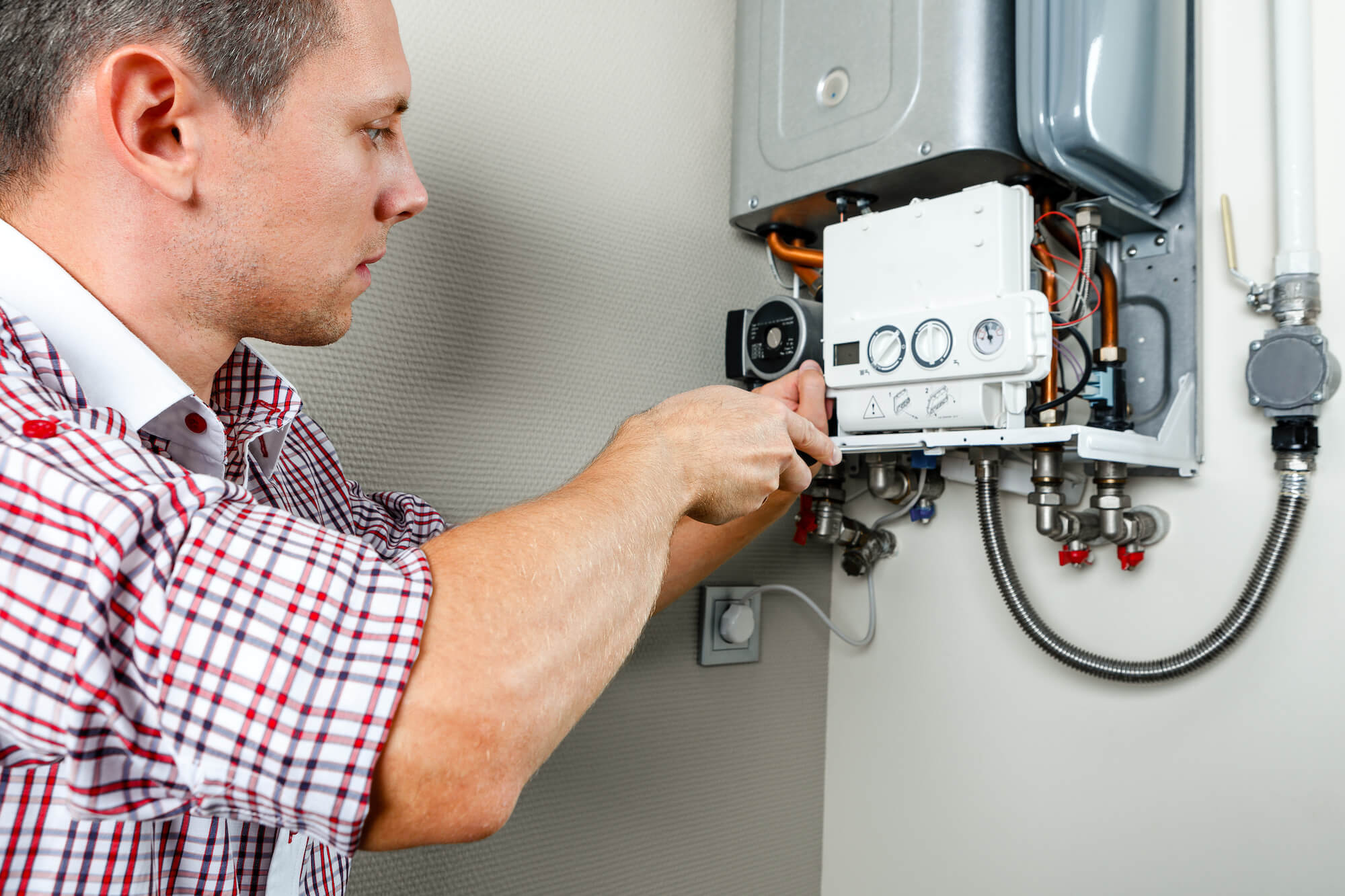$0 Call Out Fee*
Fast 60 Mins Response

When Is It Time to Replace Your Gas Heater?
Even if the temperature in Sydney is starting to increase leading into summer, it is still not a good idea to turn off the gas heater just yet. The sun is assisting in warming our days, but the nights still may need a little more help from the heater.
Most likely, your home’s heating system has been working constantly all winter to keep the frost at bay. It is hoped that it has withstood the test; but, if the temperature in your home has been more frigid than warm, it may be time to check on your gas heater before the next winter arrives.
Below may be a few signs indicating it is time to replace your gas heater
Strange gas odours
It is critical that the interior unit of your gas heater does not smell like gas. A lingering gas odour or other unpleasant odours might be the result of a leak or failure.
Ignition troubles
Simply pressing a button or flicking a switch should be enough to start or turn on your heater. If you have to restart the device repeatedly before it will light properly or stay lit, there is most likely a problem with the flame sensor, thermostat, or ignition board.
It’s not heated enough.
If turning up the heat on your heater to its maximum setting does not make the room warmer, the problem might be with the thermostat or the flow of gas within the heater.
The heating becomes unbearably hot.
Do the walls around the heater become hot, or do you have to open the doors and windows even when the temperature is set to a low level to cool the space down? As quickly as possible, the gas fitter should check the likelihood of overheating. Overheating is a significant issue.
Health issues that are persistent
If your gas heater is not working correctly, carbon monoxide levels in the air can rise to hazardous levels, endangering your and your family’s health. Carbon monoxide poisoning can cause flu-like symptoms such as recurring chest tightness, respiratory irritation, and shortness of breath.
This is a highly serious situation, and you must contact your gas fitter as soon as possible so that he can inspect it. Always maintain proper ventilation in the space and keep the gas heater’s flue clean.
Age
Your heater was designed to have a lifespan of 10 to 15 years, or even 20 years if routinely serviced, but a lower lifespan if not frequently serviced. If your gas heater is approaching this age, it may be time to replace it with a newer, more energy-efficient model owing to component wear and tear, replacement parts availability, and safety measures that are either obsolete or do not comply with current requirements.
When it comes to gas heating, always choose the side of caution to ensure the safety of your property. If your heater exhibits any of the issues outlined above, you should consider replacing it. Get it examined by a competent gas fitter, and then take advantage of the heater offers that are currently available as winter draws to a close. You can contact us at 1300 663 667 for qualified gas fitters.
